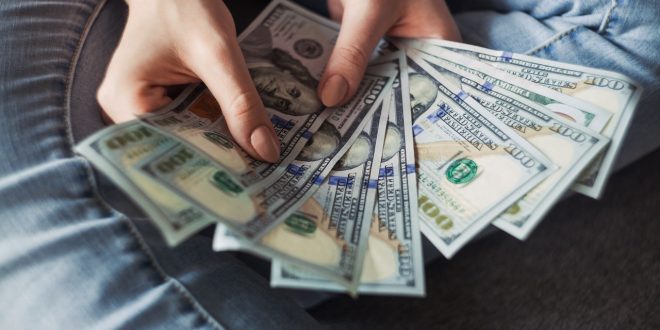I used to avoid all things money because I figured that what I could do wouldn’t make a difference. Boy was I wrong! The truth is that making even small changes in spending habits can have a significant impact on personal finances. I now believe that changing my beliefs and focusing on what I can do were the pillars for building a secure and worthy financial future for myself and my family. NO, it doesn’t happen overnight, but simple changes can help you to save money and improve your finances. Here are just a few to get you started.
Cut Back on Unnecessary Expenses
 If you have regular unnecessary expenditures like eating out or buying gourmet coffee every, try cutting back to save some money. Of course, you don’t have to give up your favorite things entirely, but you’d be surprised just how much you can spend on those things when you aren’t paying attention. It also helps to set a goal to save a certain amount and attach a reward for meeting it.
If you have regular unnecessary expenditures like eating out or buying gourmet coffee every, try cutting back to save some money. Of course, you don’t have to give up your favorite things entirely, but you’d be surprised just how much you can spend on those things when you aren’t paying attention. It also helps to set a goal to save a certain amount and attach a reward for meeting it.
Make a Budget and Stick to It
Budgeting may not be the most pleasant thing to do, but tracking your spending and ensuring you stay within your means is essential if you want to have a healthful relationship with money. There are many great budgeting apps that offer advice about how to create a budget based on your lifestyle, income, and expenses. The point is not to be perfect but to be aware. Awareness is power and enables you to make quality financial decisions in all stages of your life.
Save Automatically
If you have difficulty saving money on your own, try setting up automatic transfers into a savings account. That way, you’ll never even see the money, and you’ll be less likely to spend it. This system has worked for me and can make such a difference at the end of the month or for a long-term financial goal.
Live Below Your Means
 If you want to save money, build wealth, and have financial security, living below your means is essential. That doesn’t mean you have to live like a pauper, but try not to spend more than you earn. This is a personal preference that can be tailored to your specific needs. If you find this difficult, consider looking at exactly what your needs are. You might figure out that you don’t use some of what you think you need.
If you want to save money, build wealth, and have financial security, living below your means is essential. That doesn’t mean you have to live like a pauper, but try not to spend more than you earn. This is a personal preference that can be tailored to your specific needs. If you find this difficult, consider looking at exactly what your needs are. You might figure out that you don’t use some of what you think you need.
Make Shifts in What You Purchase
Making some shifts in what you purchase can help you save small amounts of money over time. For example, try energy-efficient light bulbs or weatherstripping your windows to save on your energy bill. You could also plant a vegetable garden to save on groceries. When your car needs replacing, consider looking at used cars as opposed to only new ones.
Ask for Help
If you’re struggling with your finances, don’t be afraid to ask for help. There are plenty of resources to help you reach your financial goals. If you want to accomplish some big long-term goals, consider hiring a financial planner. Or if you just want to brush up on some simple money tasks, pick up a book on personal finance.
Have an Emergency Fund
Starting an emergency fund is one of those things that we don’t want to think about. That said, it’s best to be prepared for emergencies rather than be caught off guard. This fund can be separate from your regular savings to make it easier to track. You will also be less likely to dip into it for other expenses.
 Women's Life Link Be Well, Be Happy, Be YOU!
Women's Life Link Be Well, Be Happy, Be YOU!




